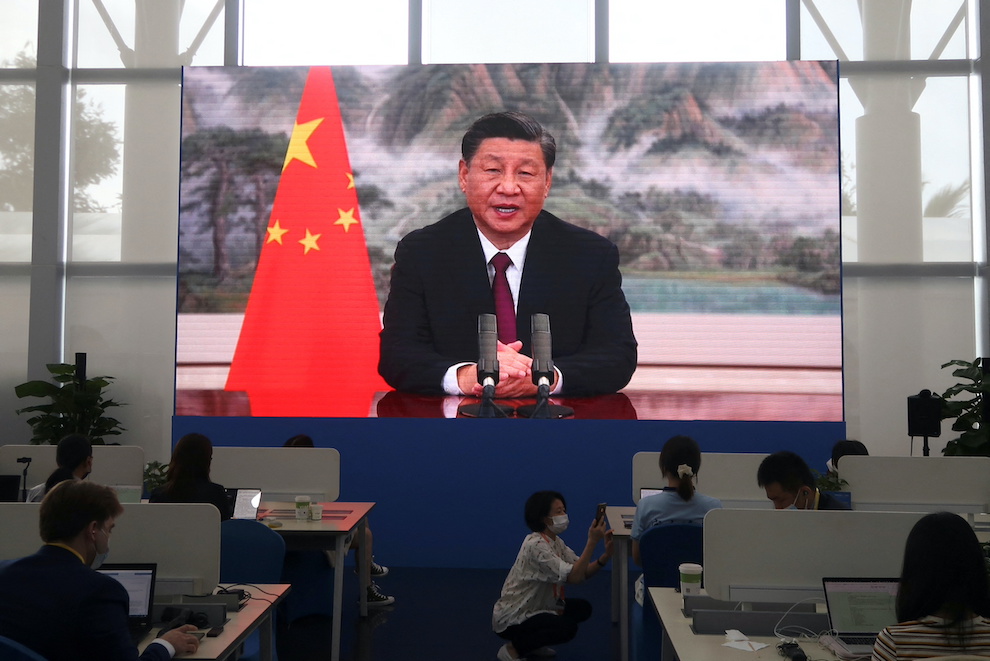Foreign investors are returning to China’s stock market, helping push up benchmark indexes, but the fear that the nation may one day face the kind of swingeing sanctions that are bringing Russia’s economy to its knees continues to haunt some.
While the size of China’s economy and its central role in global supply chains means that western nations would have to weigh the cost of sanctions far more carefully than in Russia’s case, some investors remain wary of the risks.
DoubleLine Capital‘s Jeffrey Gundlach labelled China uninvestable because of its regulatory crackdowns, forcible share delistings and a last-minute suspension in late 2020 of the multi-billion dollar initial public offering of billionaire Jack Ma’s Ant Group.
The global investment community is on notice that if another geopolitical event were to occur, the precedent is already set for these very restrictive and punitive sanctions,” said Bill Campbell, a portfolio manager at DoubleLine, which manages $122 billion.
Campbell said a “new paradigm” was at play where geopolitical events threaten “immediate effects for investments and indexes”, pointing to tensions around Taiwan and in the South China Sea as potential flashpoints with the West.
China’s Economy Has Huge Weighting
The size of China’s economy and its huge weighting in stock and bond indexes meant investors, including his firm, need some exposure.
DoubleLine has been buying the bonds of regional development banks and using other Asian countries as proxies for China to avoid tying up too much money onshore.
China-US tensions have simmered for years over issues ranging from international trade to intellectual property rights, but most recently Washington told Beijing it would face consequences if it supported Russia’s war effort in Ukraine.
China has largely complied with restrictions, but last week the US blacklisted five Chinese companies for allegedly supporting Russia’s military industrial base.
A bill tabled in the US Senate also threatens sanctions on Beijing for aggression against Taiwan.
BlackRock, the world’s biggest asset manager and a long-standing China bull, cut its Chinese equity view in May, warning risks of military confrontation with Taiwan will increase as the decade wears on.
Flavio Carpenzano, investment director at Capital Group which manages $2.6 trillion worth of assets, trimmed exposure to China’s economy after Russia’s invasion, especially government bonds.
“It doesn’t mean we think China is uninvestable or that we expect a conflict with Taiwan tomorrow, but volatility will remain high and we don’t think the yield incorporates this kind of volatility,” Carpenzano said.
- Reuters, with additional editing by George Russell
READ MORE:
Russia, China to Deepen Multilateral Cooperation: Beijing
China Property Investments Fall 4% Ahead of Bond Maturities
US Lawmakers Agree on Bill to Block Some Investment in China
























